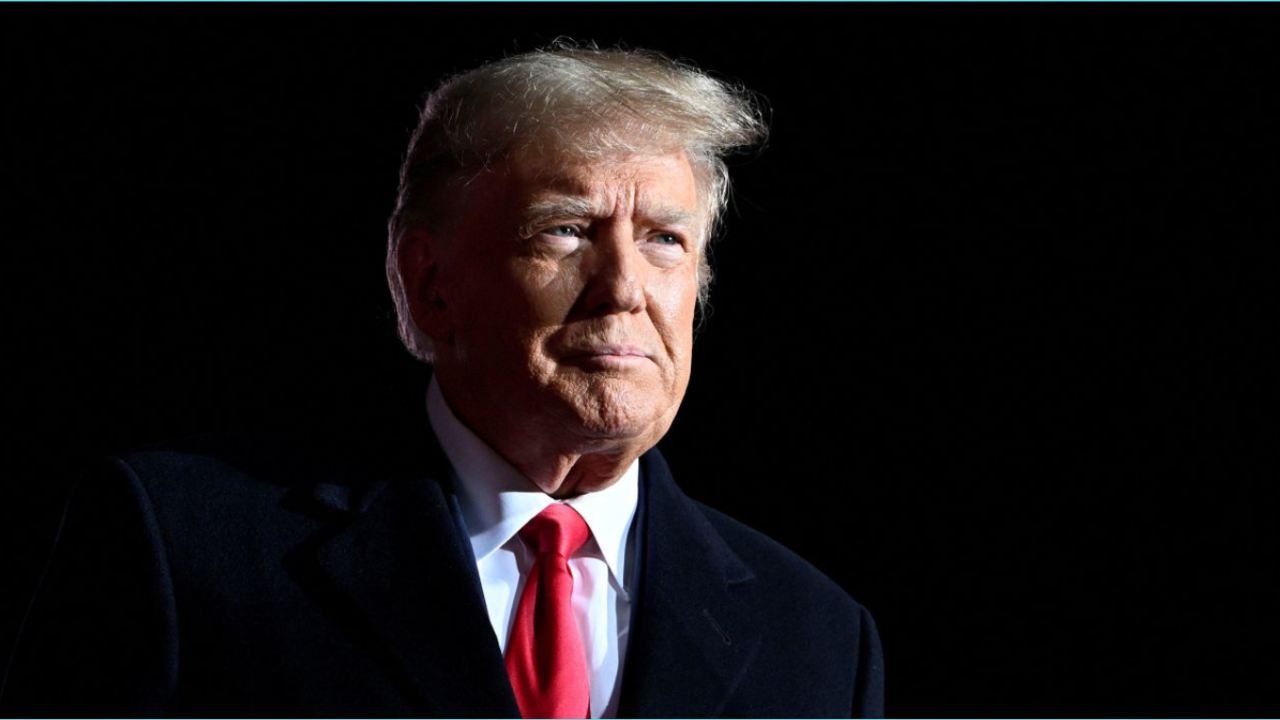A three-judge panel in the U.S. Court of Appeals rejects former President Donald Trump’s claim of presidential immunity in his federal election interference case, setting a precedent for presidential accountability in the legal system
A three-judge panel in the U.S. Court of Appeals has made a significant ruling, rejecting former President Donald Trump’s claim of presidential immunity concerning his federal election interference case.
In a 57-page decision, the judges asserted that, for the purpose of this criminal case, Trump is to be treated as any other criminal defendant, devoid of presidential immunity. They emphasized that Trump lacked lawful discretionary authority to defy federal criminal law and is therefore answerable in court for his conduct.
The decision firmly refuted Trump’s contention that a president has unbounded authority to commit crimes that would undermine the core principles of democracy, such as the recognition and implementation of election results. The judges underscored the importance of maintaining checks and balances on executive power, stressing that no individual, including a former president, should be beyond the reach of the law.
Responding to the ruling, Trump took to his social media platform to express his disagreement, arguing that a president must have full immunity to effectively carry out their duties. He warned that if the decision stands, it would not only harm the presidency but also the country’s well-being and success.
Trump’s spokesperson vowed to appeal the decision, asserting the need to safeguard the presidency and the Constitution. The statement echoed Trump’s sentiment that without complete immunity, every future president leaving office could face immediate indictment by the opposing party, hindering the proper functioning of the presidency.
The appellate judges’ decision comes after arguments heard earlier this year on Trump’s immunity claims. The delay in the court’s decision prompted a postponement of Trump’s trial start date, which was originally set for March 4.
Trump, who maintains his innocence, faces charges of orchestrating a “criminal scheme” to overturn the results of the 2020 election. Despite his legal challenges, the case continues, marking a pivotal moment in American legal history regarding the accountability of former presidents for their actions while in office.
The path forward remains uncertain as Trump considers his options, including seeking intervention from the Supreme Court. The outcome of this legal battle could have far-reaching implications for the future of presidential accountability and the rule of law in the United States.
More from Wisdom Imbibe:






